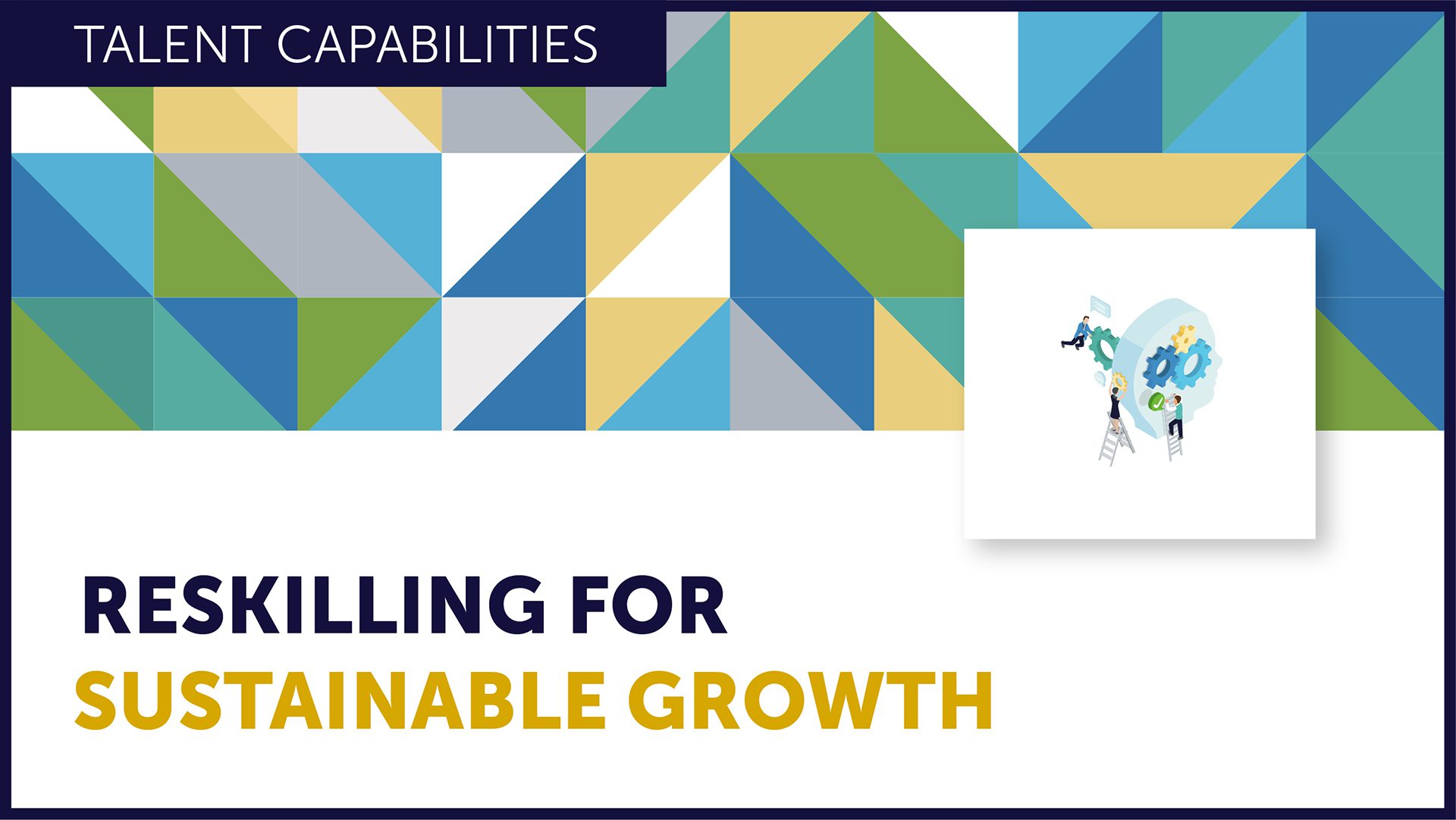Talent, Leadership and Learning
Research: The Future of Learning
Sorry, but you do not have permission to view this content.
Log in or Sign up and gain full access to:
- Online research, supporting resources, digital communities and webinars
- Insights at in-person events and advisory support from experts and practitioners
- Capability development through programmes and courses


